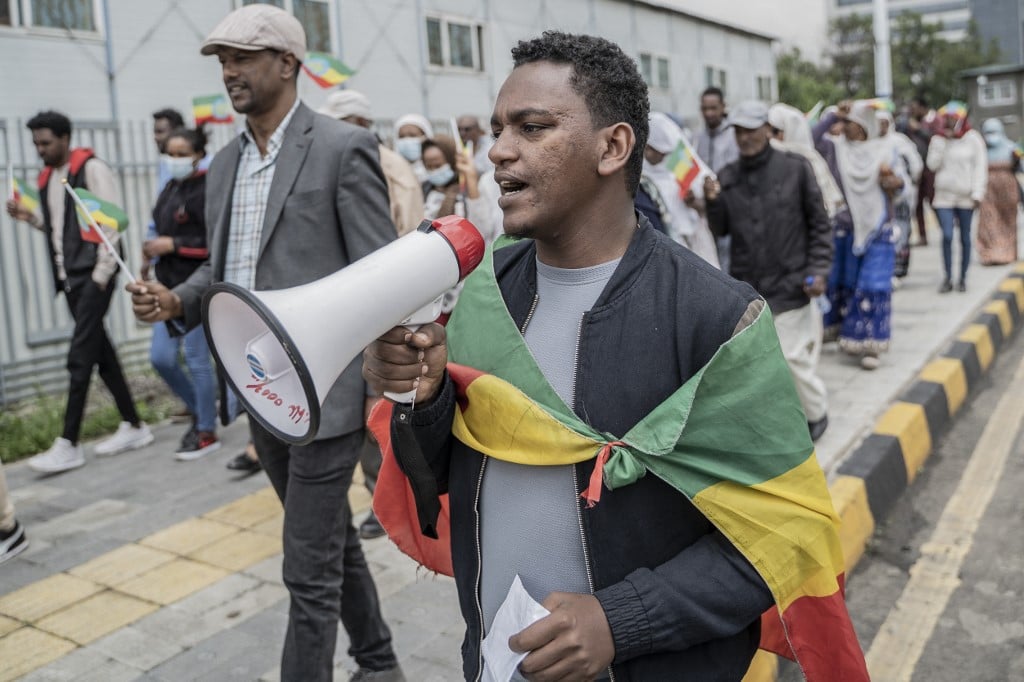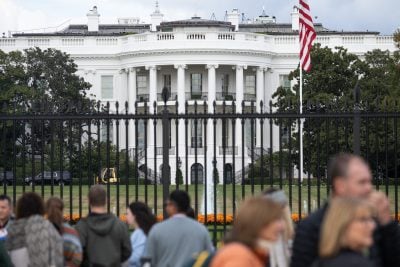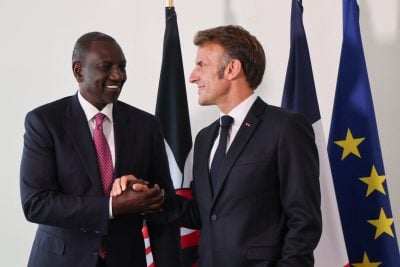The devastating war in Ethiopia has resumed with a vengeance. The UN secretary-general, António Guterres, says that the situation is “spiralling out of control” as Ethiopian and Eritrean forces continue their renewed assault on the Tigray region.
Hostilities in the two-year civil war, which has pitted the Ethiopian federal government and its Eritrean and Amhara allies against forces commanded by the Tigray People’s Liberation Front (TPLF), have resumed and escalated following the collapse of a roughly nine-month truce in late August.
On 18 October President Abiy Ahmed’s Ethiopian government said it had seized the large Tigrayan town of Shire and other regional settlements in a significant blow to the TPLF, although a media blackout of the area makes all claims extremely difficult to verify.
Dispiritingly, Africa-led attempts at mediation have largely come to naught. On 16 October the chair of the African Union (AU), Moussa Faki Mahamat, called for an unconditional ceasefire after AU-brokered peace talks, agreed to by both parties at the beginning of October, yielded nothing. The plea has fallen on deaf ears.

Human cost
The human cost is staggering. Hundreds of thousands are already thought to have perished in the two-year conflict from famine and combat, with atrocities reported on both sides.
“Civilians are paying a horrific price. Indiscriminate attacks – including in residential areas – are killing more innocent people every day, damaging critical infrastructure and limiting access to vital services,” says Guterres.
The UN says there is a rising risk of famine impacting millions, with reports of food running out in the regional capital of Mekelle.
In September, a report by the United Nations’ International Commission of Human Rights Experts on Ethiopia found “reasonable grounds to believe that the Federal Government was using starvation as a method of warfare”.
In recent weeks Western nations have stepped up their criticism of the conduct of the war. On 12 October a joint statement from Australia, Denmark, Germany, the Netherlands, the UK and the US expressed “profound concern” at the escalation.
“We call on the Government of Ethiopia and the Tigray regional authorities to immediately halt their military offensives, agree to a cessation of hostilities, allow for unhindered and sustained humanitarian access, and pursue a negotiated settlement through peace talks under an African Union-led process,” they said.
USAID director Samantha Power has warned of the dangers of atrocities in areas captured by the federal government. “The potential for further widespread atrocities in Northern Ethiopia is alarming. The staggering human cost of this conflict should shock the world’s conscience – and the risk of additional atrocities & loss of life is intensifying, particularly around Shire in the Tigray region.”
Government offensive ‘must stop’
Power is clear on what must happen: “Recent indiscriminate attacks by the Ethiopian National Defense Forces and Eritrean Defense Forces in Shire, and reports that Eritrean forces may soon take control of civilian population centers, are gravely concerning. To protect civilians, this offensive must stop.”
While all observers are careful not to apportion blame to one party, it is clear that there is a special responsibility on the Ethiopian government and its allies to end the latest offensive and to protect civilians in areas that it has already taken.
In particular, both Guterres and the group of Western nations have called for the immediate withdrawal and disengagement of Eritrea’s armed forces, which are supporting the Ethiopian government and have been accused of crimes against civilians.
As Guterres and the African Union have repeatedly pointed out, there is no military solution to a conflict that is destroying the fabric of Ethiopia, its reputation as a business destination and its hopes of a prosperous future at the heart of a stable East Africa. The government must return to talks immediately.
Want to continue reading? Subscribe today.
You've read all your free articles for this month! Subscribe now to enjoy full access to our content.
Digital Monthly
£8.00 / month
Receive full unlimited access to our articles, opinions, podcasts and more.
Digital Yearly
£70.00 / year
Our best value offer - save £26 and gain access to all of our digital content for an entire year!
 Sign in with Google
Sign in with Google 



